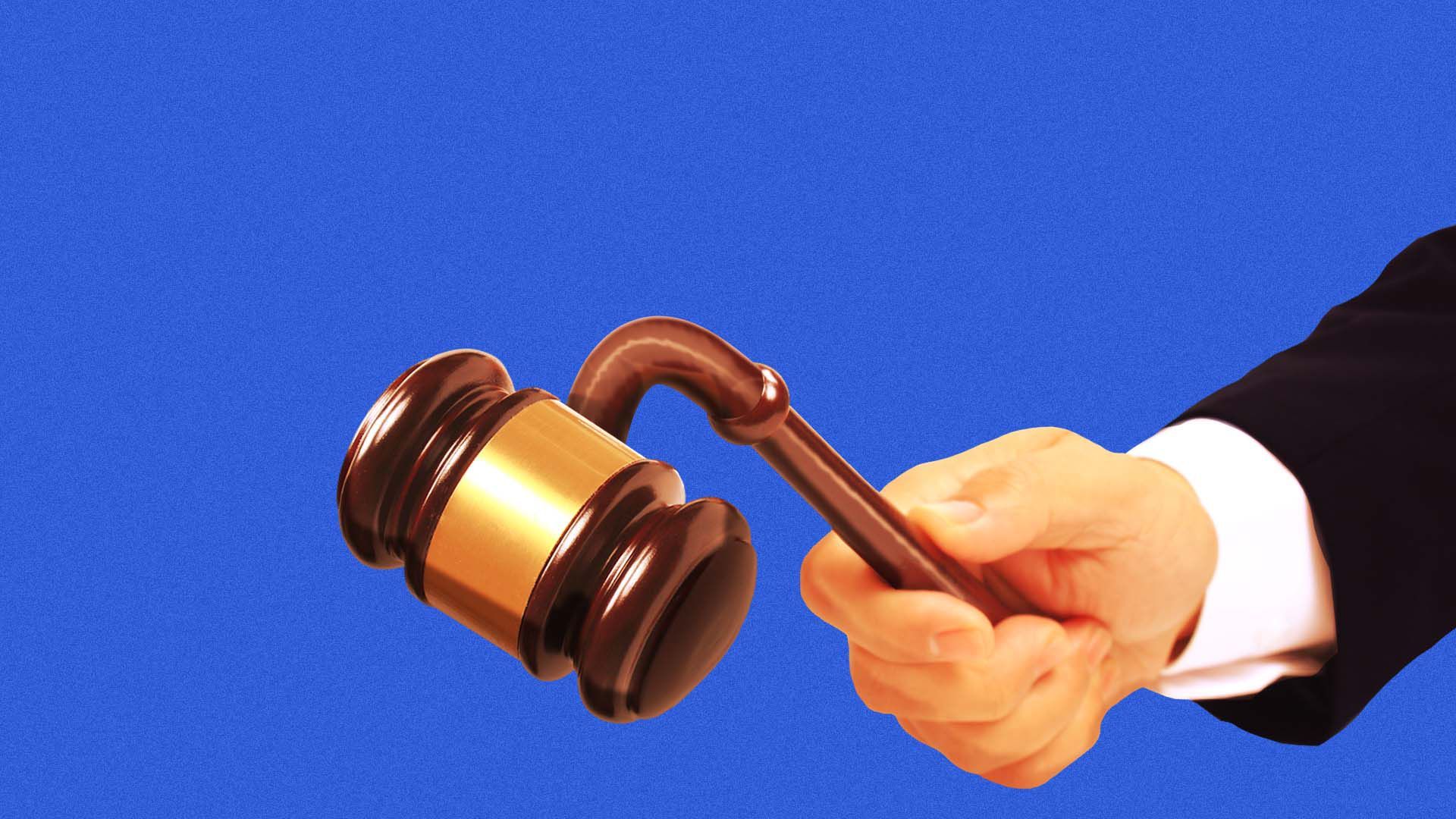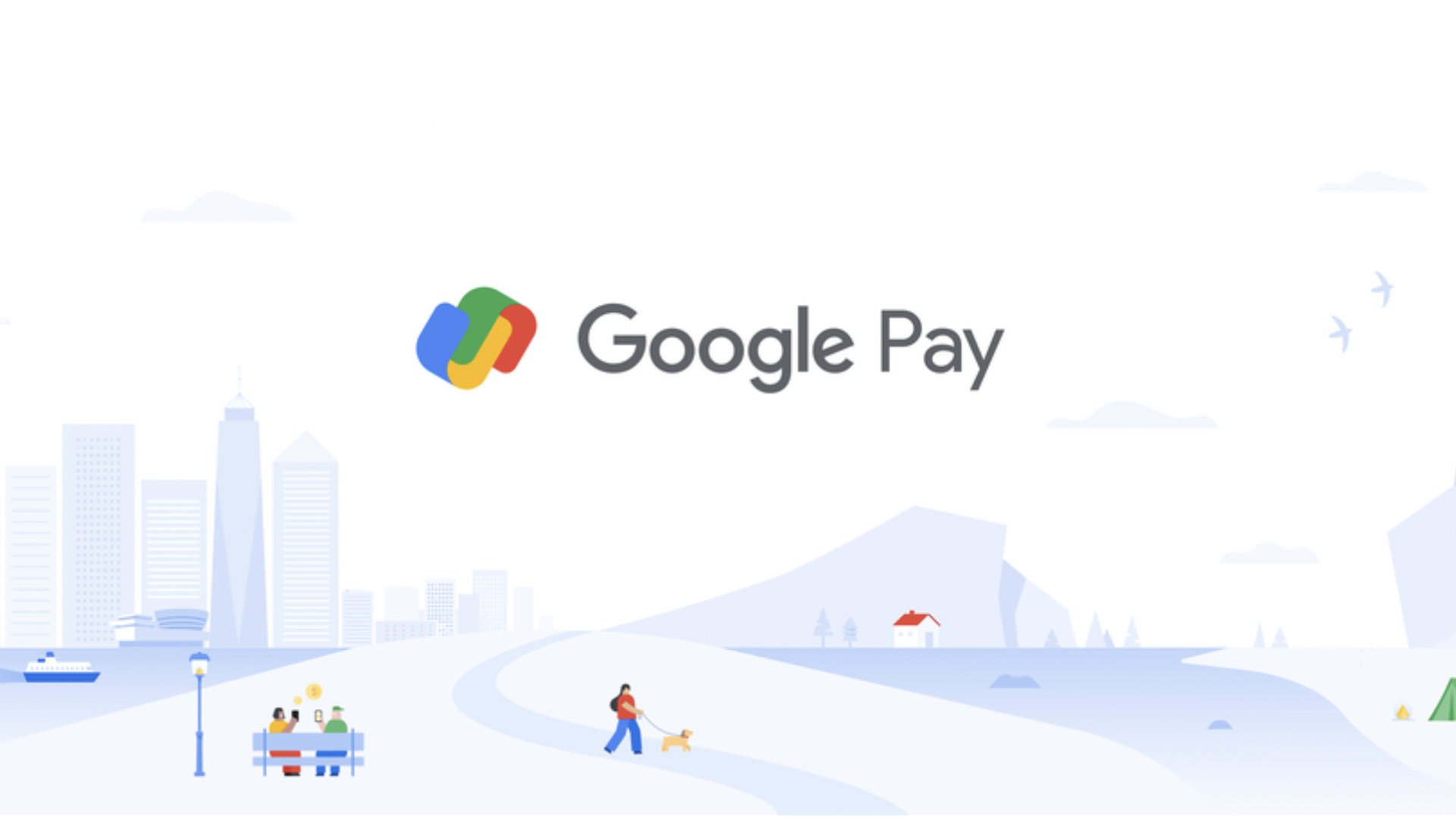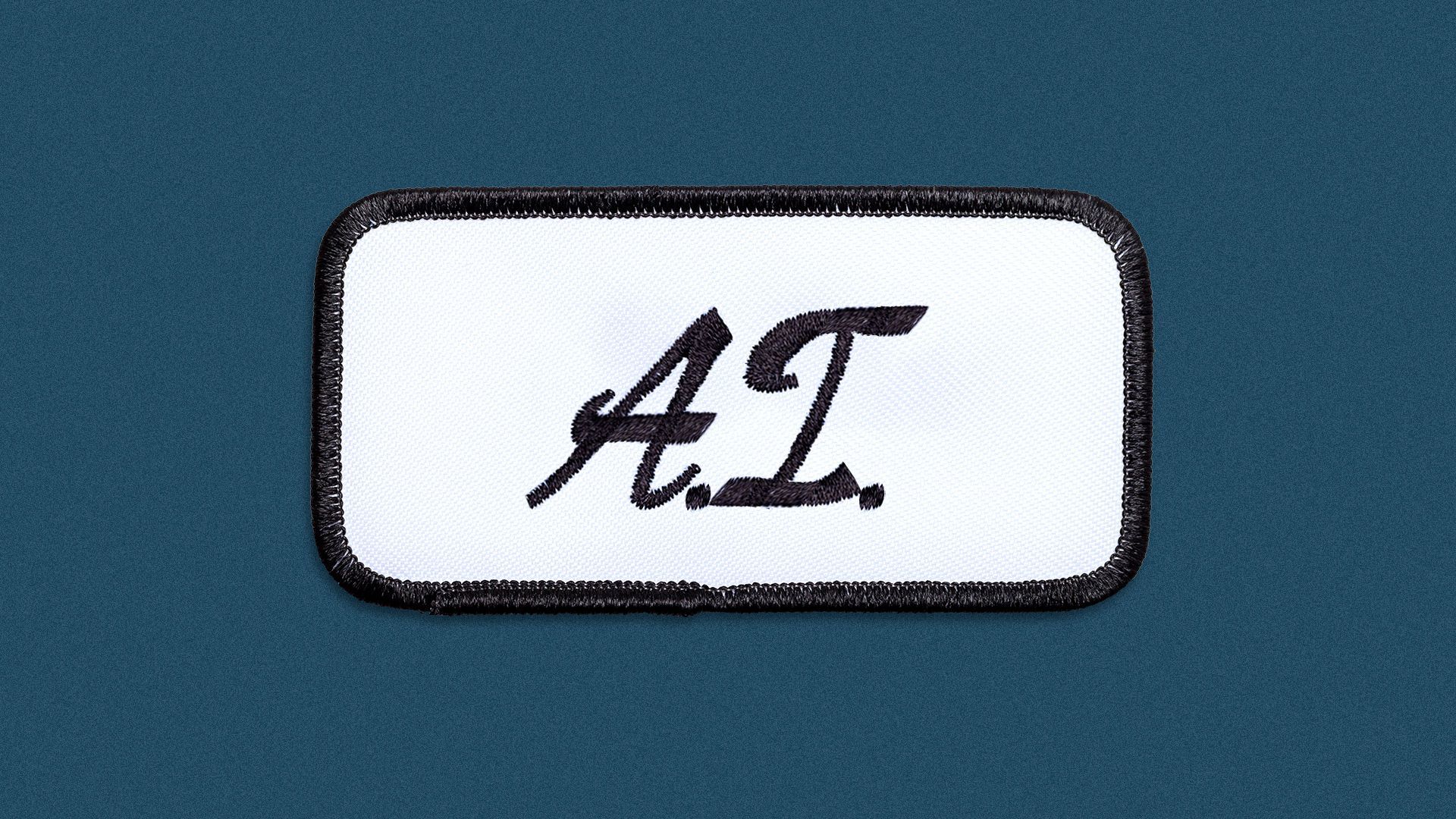| With the Federal Trade Commission expected to unveil long-awaited antitrust action against Facebook in the near future, the agency's mixed record on regulating tech has experts viewing the case as a "put up or shut up" moment, Axios' Margaret Harding McGill reports. The big picture: Most of the tech cases the FTC has tackled involve consumer protection rather than restraining monopolistic behavior. Past antitrust investigations of tech mergers or companies, like a review of Google that ended in 2013, led critics to paint the FTC as toothless. Here's a look back at the agency's hits and misses in tech. 2019 —YouTube's $170 million settlement: YouTube agreed to pay a fine in 2019 and make other changes to how it handles kids' videos to settle allegations it violated children's online privacy laws. - Neil Chilson, senior research fellow for Tech and Innovation at Stand Together and a former FTC adviser, said the changes the agency secured, which included halting all tracking of minors without parental consent, have had "a big impact on how YouTube operates."
2019 — Facebook's $5 billion privacy settlement: The fine for violations of user privacy, including the Cambridge Analytica scandal, set a record. But critics viewed it as ineffectual, given how rich Facebook is, as well as an indication that a 2012 privacy settlement with Facebook perhaps proved toothless. - "I think the design and implementation of [the earlier settlement] certainly proved to be flawed," said former FTC Commissioner William Kovacic, now a professor with George Washington University Law School. "If you're doing your job well, you learn from that and don't make the same mistakes again."
2017 — Amazon acquires Whole Foods: The FTC investigated Amazon's acquisition of the natural-foods giant but took no action. - That "entrenched Amazon's power as an online retailer in a number of ways," said Stacy Mitchell, co-director of the Institute for Local Self-Reliance, including giving it new data on affluent consumers' offline shopping habits.
2017 — Qualcomm monopolization lawsuit: In the last days of the Obama administration, the FTC sued Qualcomm for allegedly using anticompetitive tactics to maintain a monopoly. The agency won the trial but lost the case on appeal this year. 2014 — In-app purchases: The FTC lodged complaints against Apple, Google and Amazon in 2014 (eventually settling them all) alleging the companies unfairly billed consumers for in-app charges incurred by children without their parents' consent. - In separate cases the companies agreed to refund roughly $121.5 million to consumers.
2012–2014 — Facebook's acquisitions: The FTC signed off on Facebook's 2014 acquisition of WhatsApp and its 2012 purchase of Instagram. Those two mergers shaped today's company — and are reportedly at the center of the FTC's current investigation into whether the social media company smothered competition by buying up rivals. - "The FTC is responsible for the dumpster fire that is the modern internet," said Matt Stoller, director of research at the American Economic Liberties Project. "There was a big merger wave in the online advertising and publishing space ... and the FTC and DOJ didn't block a single merger."
- Chilson argued the FTC has prioritized antitrust action to address clearer consumer harms, such as in hospital mergers.
2013 — The Google search investigation: The FTC investigated whether Google used its power in the search market to squelch rivals and won commitments by the search giant to change some behavior — something Kovacic argued should've been in a court order and not the product of non-binding pledges. Between the lines: The FTC's Google search episode may be the one most on commissioners' minds as they prepare for a Facebook case. - "To walk away from bringing a case against Facebook after all of the talk around it would be a shattering institutional failure," said Kovacic.
| 





No comments:
Post a Comment